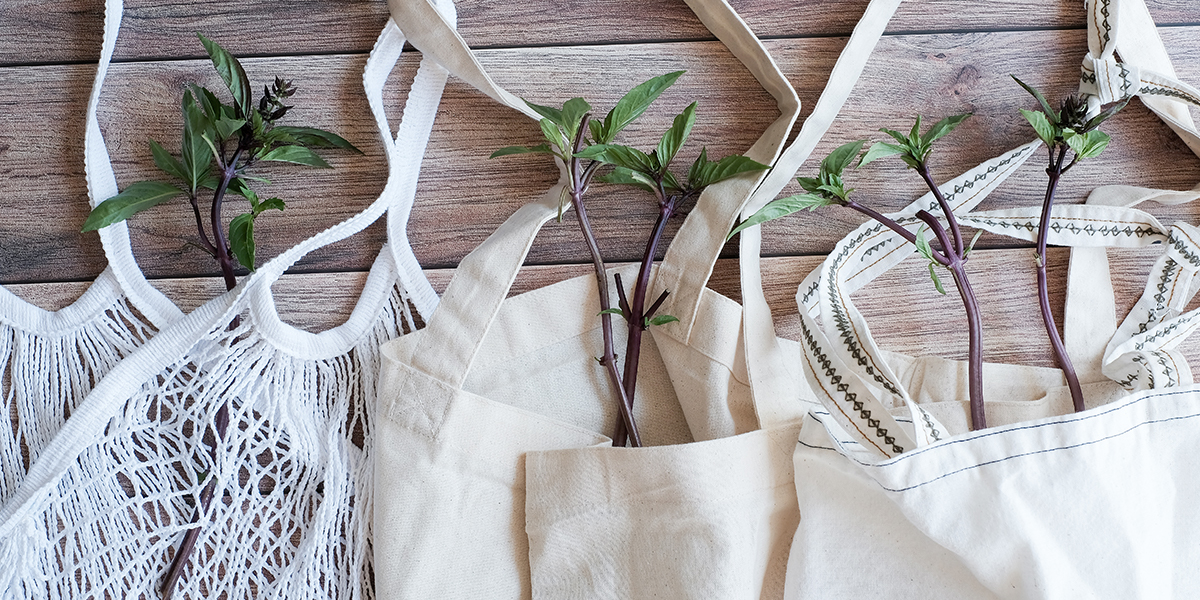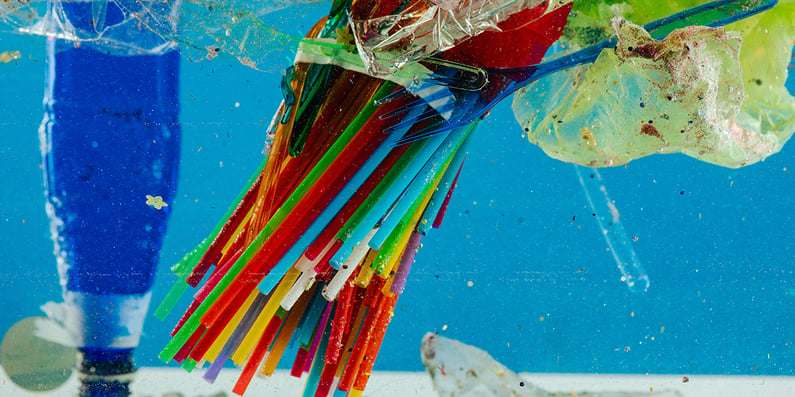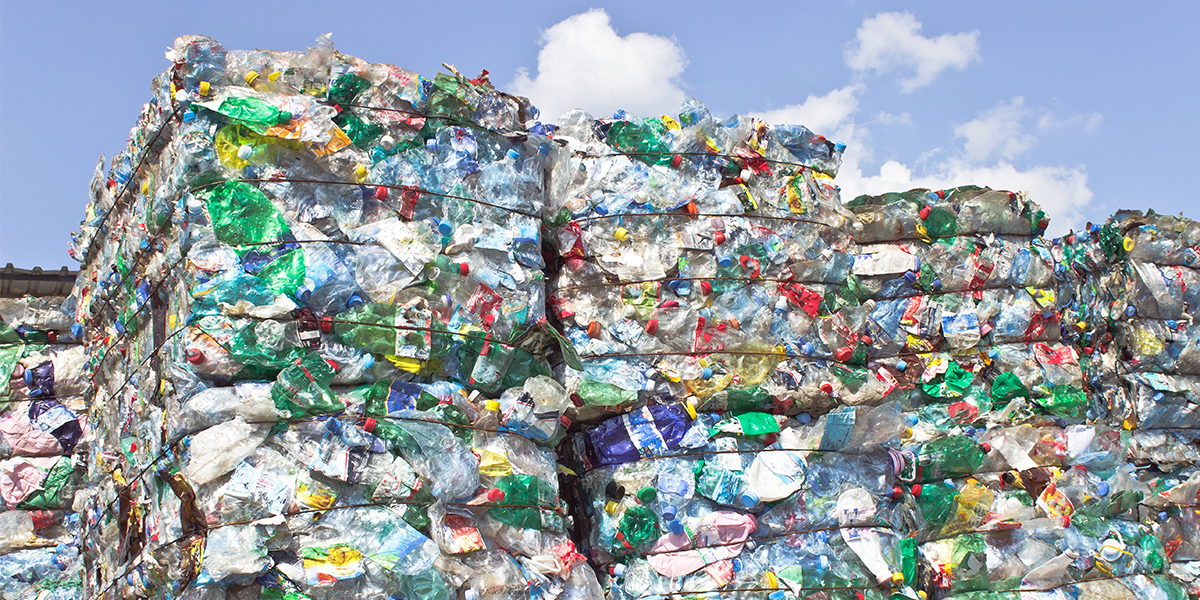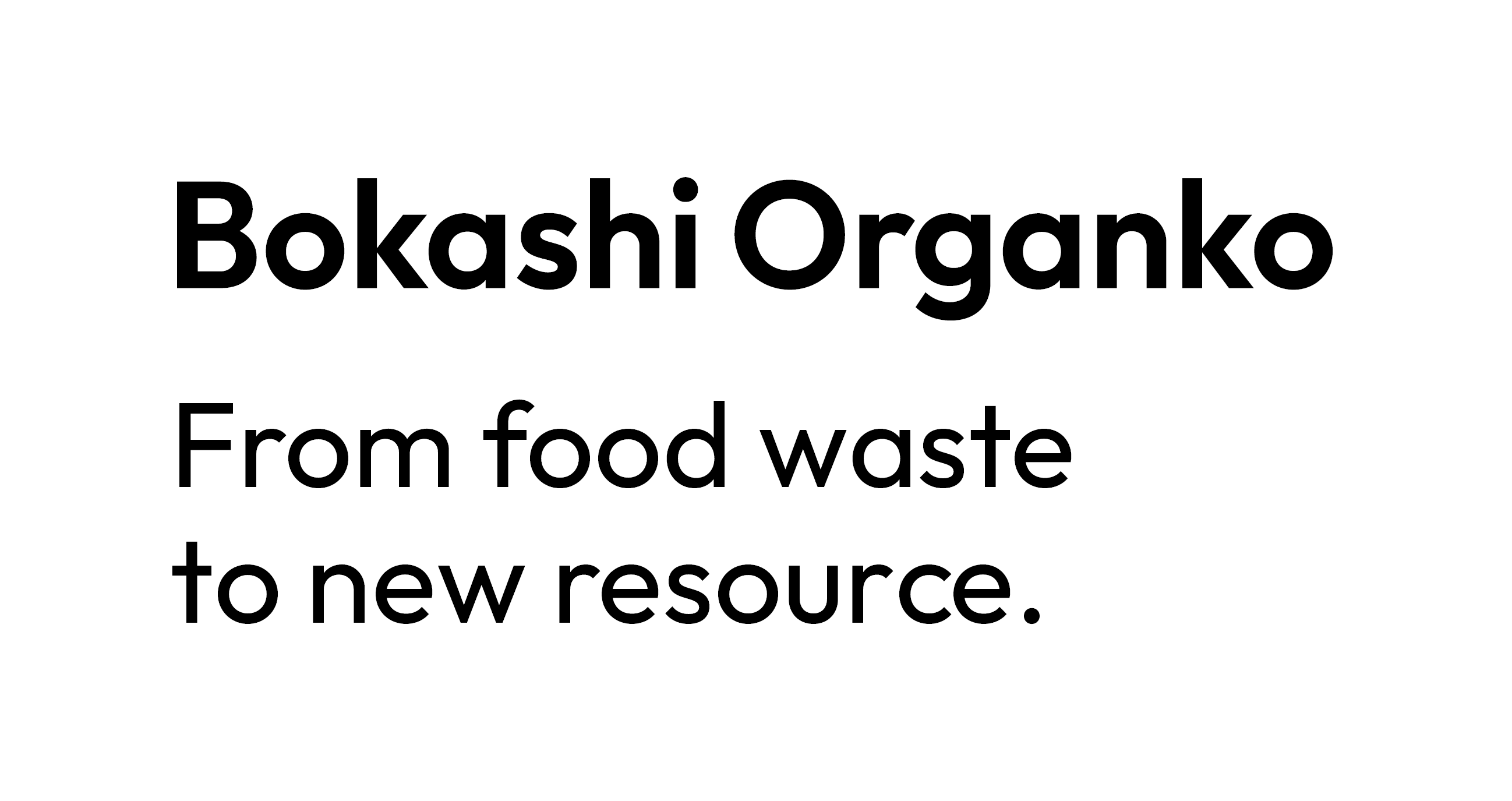It is common knowledge that plastic pollution is one of the biggest challenges we as humanity will be facing in the future. Each year, 500 million tonnes of plastic are produced worldwide, and the World Economic Forum stated that by 2050 there could be more plastics in the ocean than fish. With all this daunting data, one asks oneself, what can we as individuals do to prevent our planet from being completely submerged in plastic in a couple of years. According to this article, single-use plastics account for half of the plastic we use annually, so what we really should be focusing on is how to prevent it from going to the landfill.
And this is where we, the consumers, come into play. Sticking to the mantra refuse-reuse-recycle and adapting our habits can significantly impact those scary future projections.
However, is plastics as a material really that bad? Scientific research shows that plastic packaging consumes fewer resources and is more efficient in transportation than its highly praised swaps such as glass or paper. Therefore, banning all plastics overnight clearly isn't the solution - instead of shamming it, we should look at it as a functional and precious material that needs to be kept in the resources loop. Hence recycling and cutting down on our waste can really make a difference. Every single one of us can take action for our future well-being and the protection of our environment.
Here are some tips on how to reduce single-use plastics and lead a life with less waste.
#1 Drink from a reusable water bottle
According to Greenpeace, 500 billion plastic bottles are produced worldwide each year, and it takes about 500 years for a single bottle to biodegrade. Instead of buying your drinks in single-use plastics, invest in a good quality reusable bottle and start enjoying your favorite beverages zero-waste.
#2 Bring your own bags to the grocery store
When shopping for groceries, bring your own cotton shopper, or reuse a sturdy plastic one. A lot of supermarkets now offer reusable bags for loose produce such as fruit and vegetables. If you're a DIY master, you could also sew reusable bags from old curtains and cotton sheets. Be creative and use what you already have! To sum it up, all carrier bags, regardless of the material, have an environmental impact; thus, the key is to reuse them as much as possible.
 #3 Buy food in bulk
#3 Buy food in bulk
Whenever possible, opt for buying food in bulk instead of reaching for the items packed in single-use plastics. This one can be tricky, but many supermarkets are starting to offer more and more zero-waste options. Whenever possible, buy food at the farmer's market. It's fresh, locally produced, and usually doesn't come packed in plastic.
#4 Say no to single-use drinking straws
It takes about 200 years for a plastic drinking straw to decompose. Next time you're out ordering drinks, ask the waiter to skip the straw or use a more sustainable alternative, such as wooden or metal straw.
 #5 Use sustainable tableware at social events
#5 Use sustainable tableware at social events
In the summertime, picnics and other social gatherings account for a lot of single-use plastic waste. Plastic cutlery, glasses and plates, which we use on average for just about 12 to 15 minutes, amount to a pile of trash at the end of the day. If the event you're planning is small enough, you can use regular tableware and wash it afterward. Another option is to use sustainable tableware that is easy to carry around and can be perfect for an outdoor date or a picnic with friends by the river.
#6 Plan ahead
We can avoid a lot of single-use plastic waste if we plan our activities in advance. You can always carry a reusable bag with you or store it somewhere handy in your car. All the coffee-to-go lovers out there, remember to bring a reusable coffee cup with you, as the single-use cups cannot be recycled. When ordering food delivery, refuse the plastic utensils that come with it. Bring a reusable container to a restaurant to store any leftovers and enjoy them the next day. It would be such a waste to throw a great meal away.
#7 Reuse plastic items you already have
Did you know that plastic bags were invented as a lighter, more durable alternative to paper bags and were highly praised precisely for their multiple-use properties? When embarking on a sustainable lifestyle journey, there's no need to throw away all the plastic items you still possess. It is far more environmentally friendly to take good care of the things you already have and use them as many times as possible. Plastic bags can be washed with some warm water and detergent, air-dried and voilà, you can use them again and again and again.
 In her Ted Talk, Plastics Rehab, the engineer Kim Ragaert points to research that shows 80 % of all littering is caused by us as consumers, which means the responsibility for the quality of our lives and that of the future generations lies in our hands. At first glance, plastic pollution can seem overwhelming, but as we introduce small changes to our daily routine, such as reducing single-use plastics, we inspire others and together, we can make the world a better place.
In her Ted Talk, Plastics Rehab, the engineer Kim Ragaert points to research that shows 80 % of all littering is caused by us as consumers, which means the responsibility for the quality of our lives and that of the future generations lies in our hands. At first glance, plastic pollution can seem overwhelming, but as we introduce small changes to our daily routine, such as reducing single-use plastics, we inspire others and together, we can make the world a better place.


